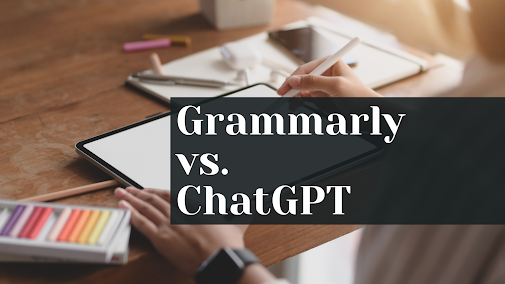1) Ways to Maintain a Positive Relationship with Yourself:
a) Self-Care: Prioritize taking care of yourself by engaging in activities that promote physical, emotional, and mental well-being. This could include indulging in hobbies, practicing mindfulness, or simply taking time for relaxation.
b) Good Food: Fuel your body with nourishing foods that provide energy and support overall health. A balanced diet plays a crucial role in maintaining both physical and mental wellness.
c) Healthy Sleep: Ensure you get enough quality sleep each night to rejuvenate your body and mind. Establishing a bedtime routine and creating a comfortable sleep environment can significantly enhance your sleep quality.
d) Exercise: Incorporate regular physical activity into your routine to boost mood, increase energy levels, and reduce stress. Find activities that you enjoy and make them a consistent part of your lifestyle.
e) Simple To-Do List: Break tasks down into manageable steps and create a to-do list to stay organized and focused. Prioritize tasks based on their importance and tackle them one at a time to avoid feeling overwhelmed.
f) Positive Self-Talk: Cultivate a mindset of self-compassion and encouragement. Replace self-criticism with affirmations and supportive self-talk to build confidence and resilience.
2) Ways to Maintain a Positive Relationship with Others:
a) Trust: Foster trust in your relationships by being reliable, honest, and consistent. Trust forms the foundation of strong connections and allows for open communication and vulnerability.
b) Empathy: Practice empathy by seeking to understand others' perspectives and emotions. Show compassion and support, even in difficult situations, to strengthen your bonds with those around you.
c) Patience: Be patient with others and with yourself, recognizing that relationships take time to develop and grow. Allow space for misunderstandings and conflicts to be resolved with patience and understanding.
d) Open-mindedness: Embrace diversity and different viewpoints, and approach interactions with an open mind. Be willing to learn from others and adapt your perspective as you gain new insights.
3) Cutting off Unwanted Weeds:
a) Gossip: Refrain from participating in gossip or spreading rumors about others. Engaging in gossip can harm relationships and erode trust, leading to negativity and resentment.
b) Partiality Mindset: Treat everyone with fairness and equality, avoiding favoritism or bias. A partiality mindset can breed resentment and division, undermining the strength of your relationships.
c) Negative Self-Talk: Challenge negative thoughts and beliefs about yourself, replacing them with positive affirmations and self-compassion. Negative self-talk can undermine self-esteem and hinder personal growth.
In conclusion, nurturing positive relationships requires intentional effort and commitment. By prioritizing self-care, fostering trust and empathy in our interactions with others, and eliminating negative influences, we can cultivate deeper connections and lead more fulfilling lives. Remember, the quality of our relationships ultimately shapes the quality of our lives, so invest in them wisely.
Read more abour about Relationships here: https://shorturl.at/fhvBY



